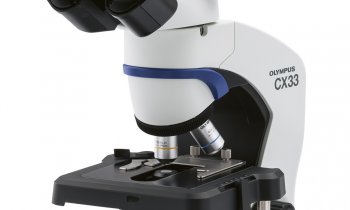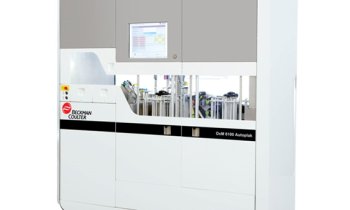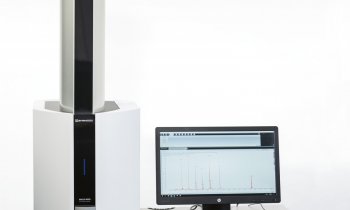Tailoring cancer treatment with biomarkers
Interview: Karoline Laarmann
New biomarkers play a key role in individualised tumour therapy. They are important indicators for pathological processes in the body and for the use of adequate cancer drugs. In our European Hospital interview Professor Celso A Reis, from the Institute of Molecular Pathology and Immunology of the University of Porto (IPATIMUP*) in Portugal, discussed the current state of clinical use of biomarkers and research in this field.

Asked what the forecasts may be regarding biomarkers for cancer diseases, Professor Reis explained that there are two approaches in the use of biomarkers: ‘First, it is standard to detect solid tumours and to determine a therapy response. By analysing the presence of a specific receptor in a cancer cell, it can be shown if a patient responds to an inhibitor drug or not. There is already good data supporting this kind of application, but the existing biomarkers are still very limited to specific types of cancer, such as breast, lung or colon. Second, biomarkers can help to identify precancerous conditions. The fact is that the use of biomarkers in an early cancerous state is not yet very popular. A lot of information is not completely standardised in clinics, so it needs to take a further step here.’
Biomarker research
At IPATIMUP the focus is on identifying biomarkers that can improve treatment in patients with gastric cancer, he explained. ‘The problem in this cancer is that initial symptoms are similar to non-malignant disease. So normally, when a person presents symptoms where he goes to see a doctor, the cancer is already in an advanced stage. One of our major targets therefore is to detect alterations that can be used as a biomarker, such as detecting antibodies that indicate an early oncological disease process. And, hopefully, depending on the kind of marker, even to get information regarding the organ affected. There are other groups in Europe that are collaborating within the same type of research in other organs. We ourselves have collaborations with Germany, Denmark, England and France. I really believe that, depending on the type of studies that will be done in the future, oncologists will decide tumour therapy based on the set of biomarkers that a patient has, so that every treatment is based on each individual molecular profile.
What kind of molecular methods are used to search for biomarkers?
‘In our lab we detect alterations of glycosylation of proteins of cancer patients. This glycoproteomics strategy may be considered in an early research phase, where we want to discover novel biomarkers. Another strategy is the detection of auto-antibodies. Similarly to what happens in infectious diseases, our immune system produces an immune response that may lead to production of antibodies directed to antigens of the infecting micro-organism. Our immune system also produces antibodies against small alterations that occur in proteins that are expressed in cancer cells. Our immune system also produces antibodies to such antigens.
In clinical use, how does the diagnostic test work?
‘Presently, there are few serological assays that detect biomarkers in the serum of a cancer patient. Unfortunately, most of these biomarkers are only used for monitoring therapy, with little application in early diagnosis.
‘I foresee that, in the future, the new assays will be based on standard technology. The perfect case would be that the test would be performed during a regular medical check up you do from time to time at your doctor’s. This early detection would be very important for the successful therapy for the patient, as well as being economically very beneficial, because it will result in a better treatment outcome, avoiding the complications of oncologic disease progression.’
* IPATIMUP is a private non-profit association of public utility, established in 1989 under the aegis of the University of Porto. Since 2000, IPATIMUP has been an Associated Laboratory of the Ministry of Science and Higher Education.
16.07.2010











